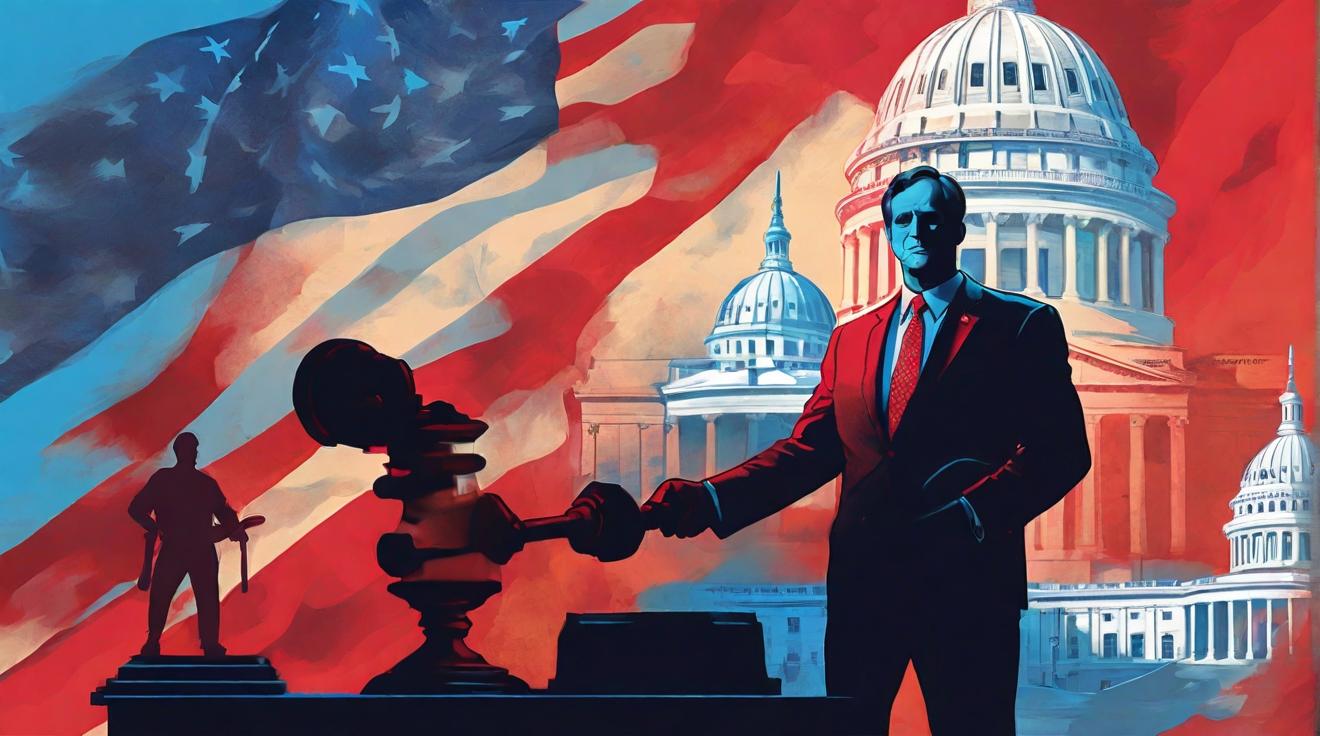Industry Executives Urge Congress for Legal Clarification on AI Training Content
During a recent US Senate Judiciary Committee hearing titled “Oversight of A.I.: The Future of Journalism,” news industry executives voiced their concerns and urged Congress to provide legal clarity regarding the use of journalism to train AI assistants like ChatGPT. They argued that this practice should not fall under fair use, as claimed by companies like OpenAI. Executives highlighted the need for a licensing regime that would require Big Tech companies to pay for the content they use to train their AI models, similar to rights clearinghouses for music. The plea for action comes as the news industry faces declining revenues while technology companies profit from AI advancements.
News Industry Calls for Licensing Regime to Address Fair Use Claims
News industry executives made a strong case for implementing a licensing regime to address the fair use claims made by companies such as OpenAI. They argued that these companies rely on vast amounts of copyrighted material, including news content, to train their AI models. While OpenAI is currently negotiating licensing deals with some news providers, executives argue that this is not enough. They emphasized the negative impact AI technology has on journalism, with newsrooms closing across the country and media revenues plummeting. Implementing a licensing regime would ensure that Big Tech companies pay for the content they use and level the playing field for the news industry.
US Senate Holds Hearing on AI’s Impact on Journalism and Fair Use
The US Senate Judiciary Committee, led by Senators Richard Blumenthal and Josh Hawley, held a hearing titled “Oversight of A.I.: The Future of Journalism” to address the impact of AI on the news industry. The committee discussed the use of AI language models, like ChatGPT, that are trained on vast amounts of copyrighted material, including news articles. Senator Blumenthal called the situation an “existential crisis” for the news industry and urged for swift congressional action. The hearing aimed to understand the implications of AI technology on journalism and to explore potential legislative solutions to protect the rights of news outlets and journalists.
OpenAI’s Position on Fair Use Challenged by News Executives
Executives highlighted OpenAI’s claims that their use of copyrighted material is covered under fair use precedents of US copyright law. OpenAI argues that the use of news content to train AI models is transformative. However, news industry executives strongly disagreed. They argued that generative AI companies, like OpenAI, copy and use their content without permission or compensation, leading to the creation of commercial businesses that directly compete with news outlets. News executives emphasized that journalism cannot be replaced by AI and called for Congress to clarify that the use of their content for training AI models is not fair use.
Executives Highlight Need for Congressional Action to Protect Journalism
News industry executives stressed the urgent need for congressional action to protect journalism from the impact of AI technology. They highlighted the declining revenues and closing newsrooms across the country, contrasting it with the soaring profits of Big Tech companies. The executives argued that a licensing regime similar to those in the music industry would ensure that news outlets are compensated for their content used to train AI models. They called on Congress to clarify that the use of news content for AI training is not fair use, allowing the free market to regulate the situation. The executives emphasized the importance of journalism in society and democracy, stating that it is a fundamentally human pursuit that cannot be replaced by AI.
Analyst comment
Positive for news industry executives, negative for Big Tech companies. The market could see potential regulation or legislation requiring Big Tech companies to pay for the content they use to train AI models, impacting their profitability. The news industry may benefit from increased revenues and a level playing field.













